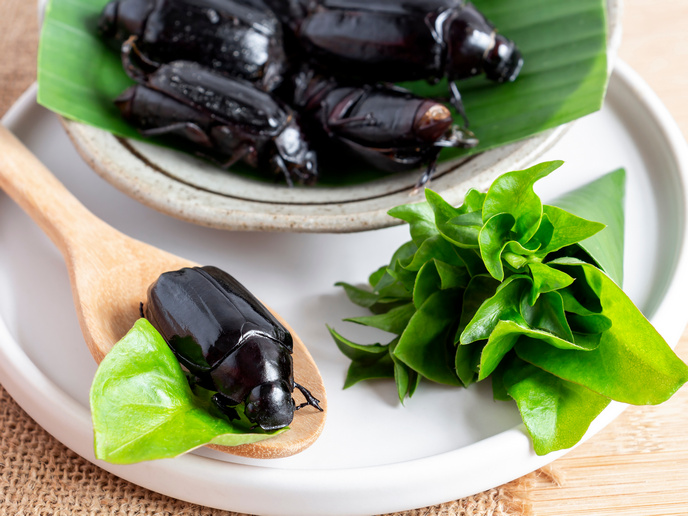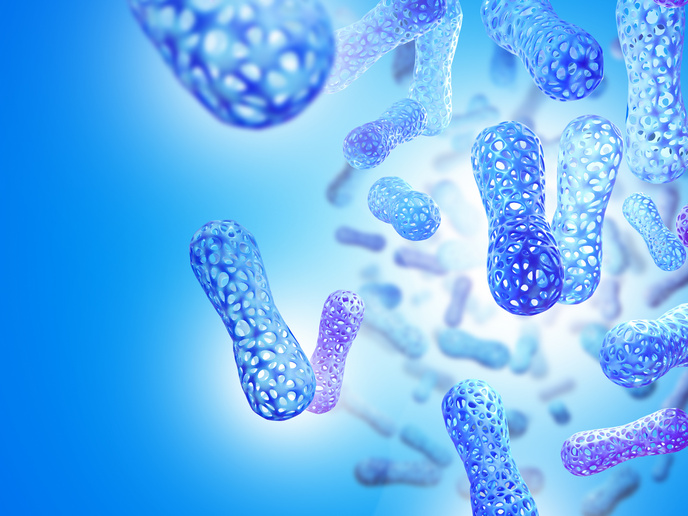What makes a bad fish egg
Fish eggs’ main components are yolk proteins (YPs) derived from precursors known as vitellogenins (Vtgs). All fish produce multiple types of Vtg, which may play different roles in oocyte maturation and embryonic versus larval nutrition. Underlying cytological events involve complex systems of Vtg receptors, endocytotic elements, enzymes and other proteome components. Preliminary evidence indicates that dysfunction of these systems contributes to poor egg quality. The EU-funded FISHEGG project used the zebrafish (Danio rerio) model organism to study the proteomics of fish egg quality. Researchers characterised the molecular structure, expression, product proteins and phylogeny of the Vtg genes. Scientists also conducted proteomic detection and quantification of Vtgs and related Vtg-derived YPs in maternal females, oocytes, eggs, and offspring of both good- and poor-quality spawn. Essential Vtgs in studies based on novel gene knock-out technology were also identified. Results showed that poor-quality eggs are deficient in the proteins involved in energy metabolism, lipid metabolism and protein synthesis. Furthermore, they possess a greater number of proteins related to apoptosis, oncogenes, lysosomes and innate immune functions, whilst being rich in lectins and zona pellucida proteins. Several egg quality marker proteins were also detected, which were expressed differently in good eggs and bad eggs. The project produced a complete molecular picture of the impact of multiple Vtgs and their product YPs on the egg quality of zebrafish. The gene knock-out study verified that Vtgs play essential roles in maternal oogenesis and the development of larvae and embryos. Researchers also identified several proteins, including Vtgs as potential egg quality markers for future research. FISHEGG outcomes will significantly increase understanding of the molecular mechanisms underlying fish oogenesis and facilitate discovery of the proteomic determinants behind egg quality. By helping to optimise egg quality in farmed fish, the project will contribute to the sustainable growth of fish farming and global food security.







